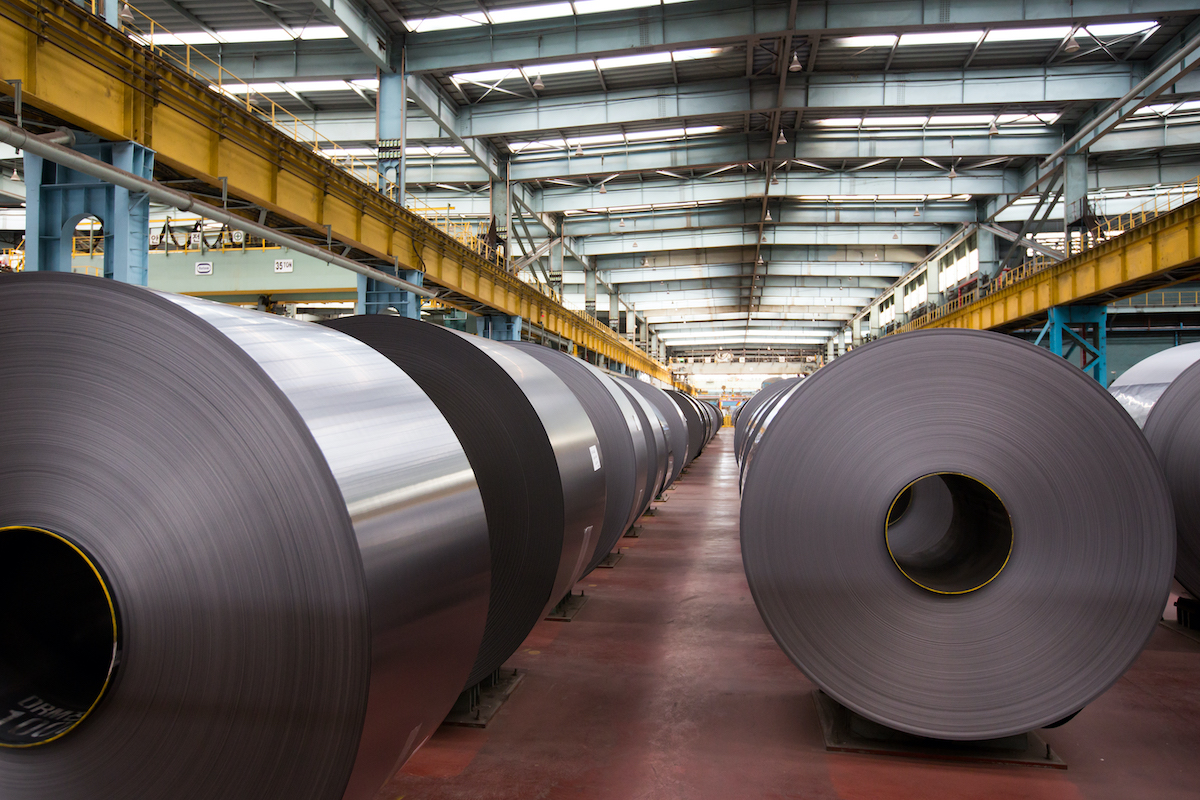The US Supreme Court is expected to decide by early next year whether to hear the case of a Turkish steel pipe producer impacted by a doubling of US tariffs against Turkey in 2018, according to a Nov. 12 statement by lawyers for pipe maker Borusan Mannesman.
International trade attorneys at Atlanta-based Morris, Manning & Martin (MMM) joined with Borusan and two other plaintiffs to file a Supreme Court petition to review a lower court decision on the Transpacific Steel v. United States case, which challenged the legality of the Trump administration’s boosting of Turkey’s Section 232 tariffs from 25% effective in March 2018 to 50% in August of that year.
The higher tariffs remained in place until May 21, 2019 when they were lowered back to 25% by President Trump.
The US Court of International Trade (CIT) agreed in July 2020 that Trump’s action violated the terms of Section 232 of the Trade Expansion Act of 1962 because he failed to follow the prescribed timeline and procedures established by the Act. But the CIT’s decision was overturned by the Court of Appeals for the Federal Circuit, which ruled that the deadlines in the Sec. 232 provision are not mandatory.
If the Supreme Court hears the case, attorneys for the plaintiffs will argue that Trump’s doubling of the tariffs “was well after the 90-day and 15-day deadlines for action had expired” and that “the deadlines in the statute are mandatory and must be enforced.”
Furthermore, MMM said in its statement that “if the deadlines are held not to be mandatory, then Section 232 is unconstitutional as an unbounded delegation of legislative authority to the President.”
Transpacific Steel, a US importer of steel, demanded in its CIT complaint that it be refunded the additional tariffs it paid after Trump’s action to double the levies for Turkey to 50% while other nations facing the tariff were kept at the initial 25% rate.
— Tom Balcerek






